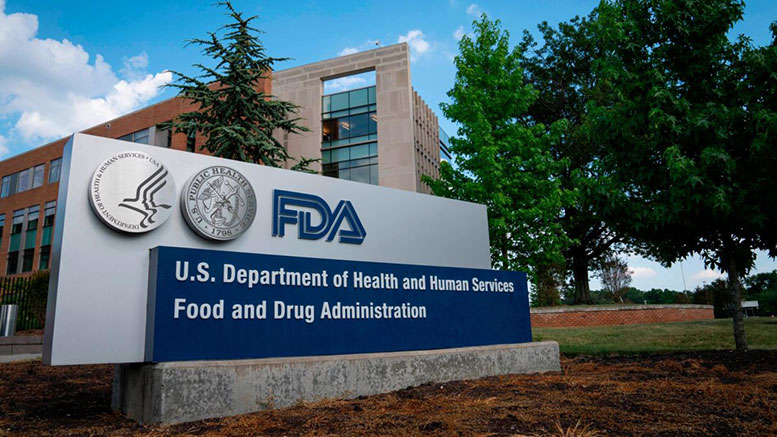The U.S. Food and Drug Administration (FDA) says it is only months away from finalizing recommendations for how cannabis should best be regulated and whether additional legislation from Congress is needed.
FDA rules, long-awaited by the CBD sector, could eventually spur large investors to enter the market if the agency decides that hemp-derived cannabinoids can be treated as food or supplements instead of drugs.
Safety concerns
The FDA has said it is specifically studying whether CBD can be safely taken on a daily basis over a long period of time, or during pregnancy, and whether it has an effect on fertility.
“The safety profiles around these products are not what they (consumers) are generally accustomed to and not the same as what they get from other products when they walk into a wellness store or grocery store or even a gas station,” Norman Birenbaum, who was appointed to the newly created position of cannabis policy expert at the FDA last year, recently told the Wall Street Journal.
Wide authority
FDA has authority over CBD and other hemp-derived cannabinoids under provisions in the 2018 U.S. Farm Bill; that authority extends over all forms of cannabis compounds under the Federal Food, Drug, and Cosmetic (FD&C) Act and the Public Health Service Act, according to the agency.
FDA currently recognizes CBD as a drug, technically barring it from use in foods or being marketed as a dietary supplement.
Stakeholders have long called on the FDA to clarify CBD’s status. But the agency has been slow to move, focusing instead on enforcement and issuing warnings to CBD makers, who have operated in a gray market or under state regulations where rules have been set.
The situation with CBD at the FDA has gotten the attention of the Oversight Committee of the U.S. House of Representatives, which recently said it will investigate the agency over its regulatory jurisdiction.
Research guidance
Meanwhile, FDA this week released its final guidance for clinical research into all cannabis, including a recommendation that CBD-specific toxicology studies be carried out.
The guidance, “Cannabis and Cannabis-Derived Compounds: Quality Considerations for Clinical Research,” offers nonbinding recommendations for research related to the development of drugs that contain cannabis, and all cannabis-derived compounds intended for human consumption.
In a statement, FDA said: “This guidance outlines FDA’s current thinking on several topics relevant to the development of cannabis and cannabis-derived human drugs, including the source of cannabis for clinical research; general quality considerations for developing human drugs that contain cannabis and cannabis-derived compounds; and calculation of percent delta-9 tetrahydrocannabinol (THC) in botanical raw materials, intermediates, drug substances, and drug products to determine their control status.”
“Human drugs that contain cannabis and cannabis-derived compounds (regardless of whether the products fall within the definition of hemp under the 2018 Farm Bill) are generally subject to the same authorities and requirements, including quality standards, as FDA-regulated drug products containing any other substance,” according to the guidance.
The research recommendations finalize draft guidance issued by the FDA in 2020.
Studies lacking
Research on cannabinoids is in early stages, according to the National Institutes of Health, which has funded some studies related to CBD and pain relief. But NIH has warned that evidence suggests CBD may carry risk for some people.
The FDA’s cannabis research guidance also indicates that new sourcing options are available to marijuana researchers. To date, marijuana for clinical research was grown only by the University of Mississippi under the National Institute on Drug Abuse (NIDA) Drug Supply Program (DSP). Under the updated guidance, researchers may source material from other FDA-authorized growers.

